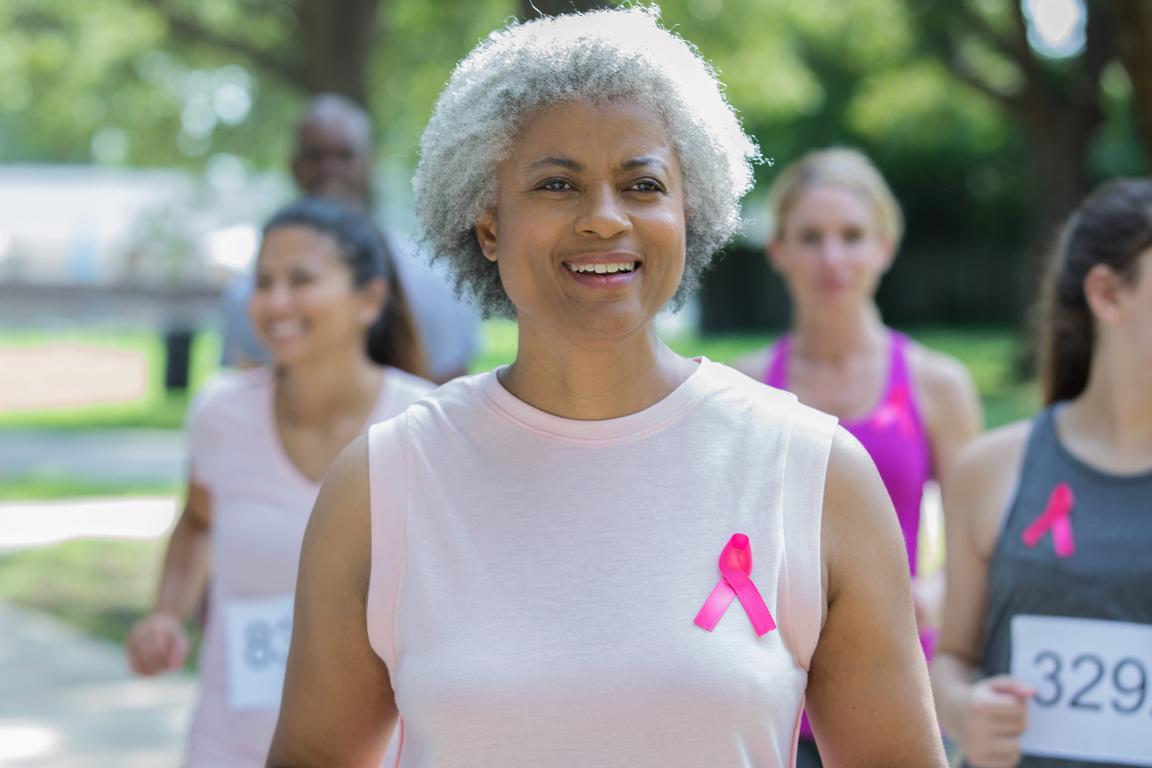
Breast cancer is the second leading cause of cancer death in women in North Carolina. But finding it early gives the best chance for successful treatment.
Explore symptoms, risk factors, prevention and treatment — and learn about free or affordable programs that may help you.



